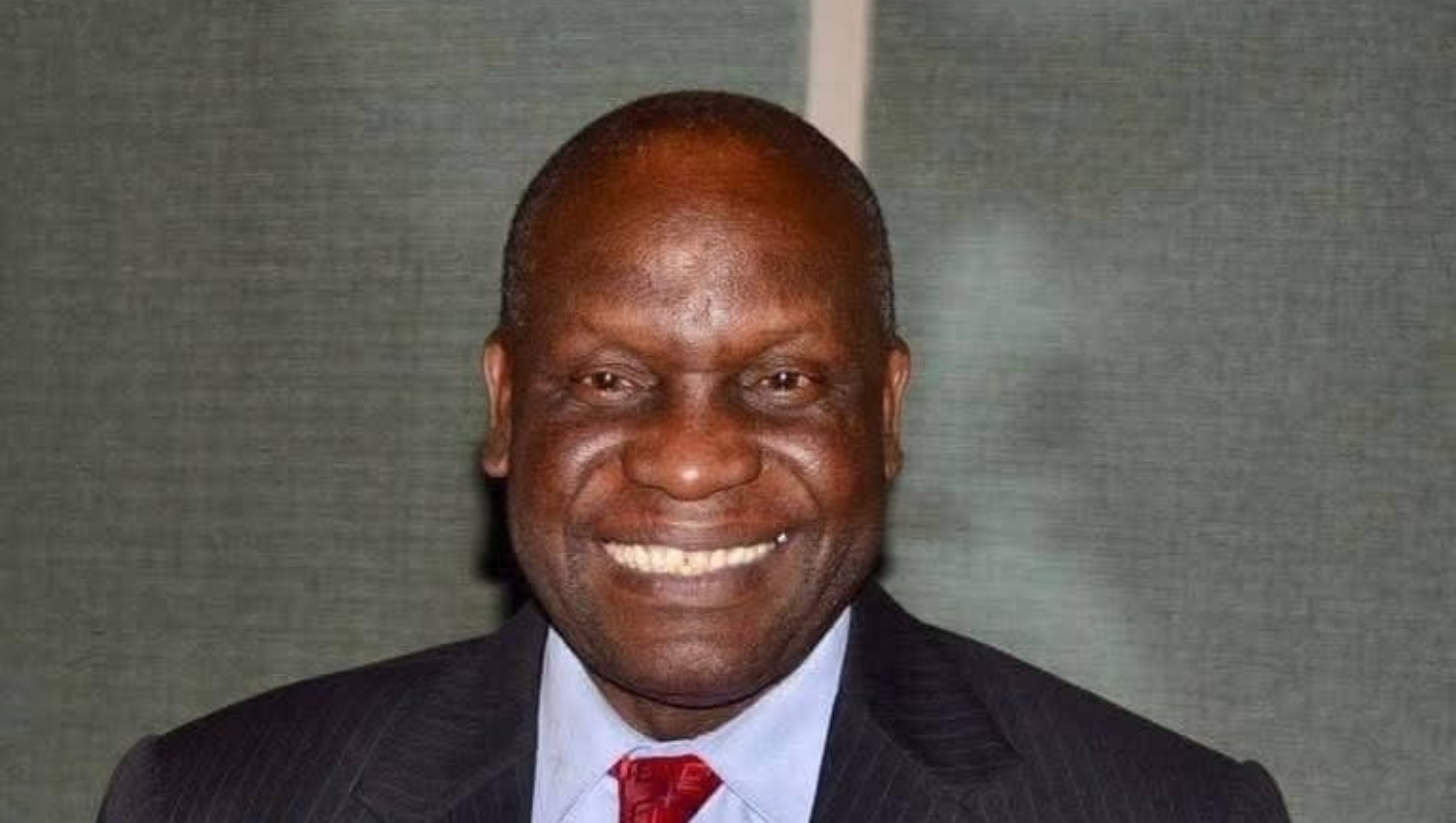Musician, Chama Fumba, alias Pilato appeared in court on the 9th of June, 2015, and pleaded not guilty to the charge of conduct likely to cause the breach of peace by producing a song ‘A Lungu Anabwela’. He was released upon payment of a K1,000 bail with two working sureties in their own recognizance after police denied him bond.
The song in question is allegedly defamatory to the Republican President and is said to have incensed some sections of society who reported Pilato to the police. Featuring the voice of Micheal Sata, the lyrics of A Lungu Anabwela depicted the predicament of a politician called Lungu, who emerges from Chawama compound with a suitcase full of Jameson whiskey and ascends to power following the death of a leader but has no idea how to govern.
Fumba who was charged with the offence following his arrest earlier in the week, spent a night in the cells after he was denied bond. Police had also summoned two Komboni Radio disc jockeys after they received information that they were playing the song on air. The two disc jockeys were allowed to go after they denied playing the song on radio and statements recorded from them.
Fumba was later discharged after he was acquitted by the court.
This case represents a violation of an artist’s freedom of expression. It has many lessons for media practitioners who may be satirical writers or whose media may be the channel of distribution of the message. Two Komboni Radio disc jockeys were summoned to the police accused of playing the song on radio. There have been instances where songs have been banned from being played on radio and television and media practitioners have been threatened for playing them. Not too long ago, we had the song Bufi by Peterson banned.









